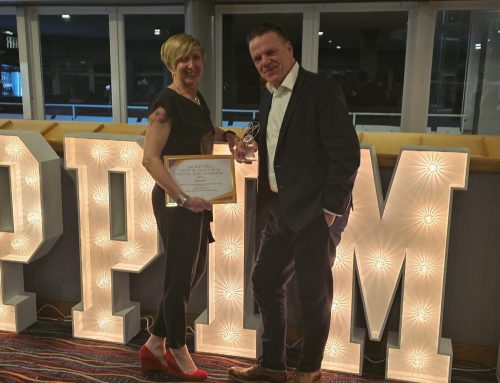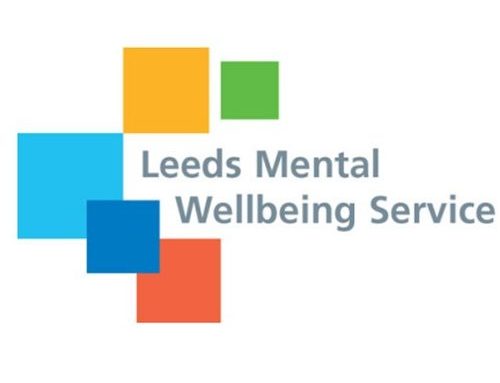This year’s Alcohol Awareness Week runs from 17th-23rd November. Emma Goldsack from Touchstone’s Housing Service offers an informative article on the risks of drinking too much and how to drink safely.
The festive season is upon us and we are once again bombarded with an assortment of offers on chocolate boxes, Christmas decs and of course more beers, spirits and wines than you could ever need. So it is rather appropriate that alcohol awareness week crops up just in time to remind us of how to keep ourselves safe through the coming months and beyond. The following article will look at just what alcohol does to our bodies and give a few basic tips if you are considering having a tipple or two.
Alcohol and Your Brain!
When alcohol hits your stomach and small intestine it begins absorbing into your bloodstream. The alcohol is then carried to your brain and slowly sedates each part of it from the front to back. In other words your brain starts shutting down which might look something like this:
- Frontal Lobe – Thinking, memory, behaviour and movement – You’re feeling much more free to behave how you want without fear of consequences. After this your balance might begin to go and this might be the last thing you remember before you find your memory becoming somewhat disjointed.
- Temporal Lobe – Hearing, learning and feelings – You become much more emotional which could be shown through anger and starting fights or suddenly feeling very attached to someone who you’ve actually only just met. Your learning is hindered which is why even if there are negative consequences to drinking you are still likely to do it again.
- Parietal Lobe – Language and touch – Speech becomes slurred and sometimes the words aren’t in the right order. On top of this you might get a “beer jacket” where it could be snowing and you just wouldn’t feel it.
- Occipital Lobe – Sight – Your vision begins shutting down. Everything becomes blurry and you could potentially black out. At this point your body would have taken in a SIGNIFICANT amount of alcohol and the next part to go is…
- Brain Stem – Breathing, heart rate and body temperature – All of the basic functions your brain undergoes to keep you alive begin shutting down.
So How Can We Drink Aware?
- Water And Soft Drinks – Drink something non-alcoholic in-between alcoholic drinks to dilute the alcohol. You can also top up your drink with a mixer to make it last longer as you are drinking it!
- Take It Slow – Sip your drink to give your body more time to process it. You liver takes about 1 hour to convert 1 unit of alcohol into water, carbon dioxide and energy, so the more time you give it the least damage caused to your body.
- Keep Track Of Your Units – Have a good idea of your limits and stick to them. Typically women can consume 2-3 units a day whist men can consume around 3-4 units a day. A good way to keep track of how much you’re drinking is to avoid top-ups and stick to drinks that you know the strengths for.
- Beware Peer Pressure – Learn how to refuse drinks – Nobody can force you to drink. If someone offers you a drink and you feel like you’ve had enough just say no.
Alcohol and Mental Health
The relationship between alcohol and mental health can be complex and the causes are often rooted deeply inside of ourselves. Consuming alcohol increases the risk of memory loss, depression, stress and anxiety, and for various reasons may develop into alcohol dependency. These create practical problems for people in terms of keeping a tenancy, paying utility bills, and budgeting to pay for food. Within our Touchstone Housing team we aim to support people with these practical aspects of life and encourage recovery and positive mental health, potentially through referrals to appropriate services. If you feel that you or anyone you know would benefit from our support please go to the Housing Service web page to find more information on our services and complete a referral form.
If you have any queries you can also call the following number and ask to speak to the Housing Team on weekdays 9am-5pm (4:30pm on a Friday) – 0113 271 8277
East Leeds Health for All offer a weekly support group for people trying to change their drinking habits.
Alternatively, for help and advice on alcohol addiction you can call the Leeds Addictions Unit (0113 855 9589) or call Frank for friendly, confidential advice (0300 123 6600).





